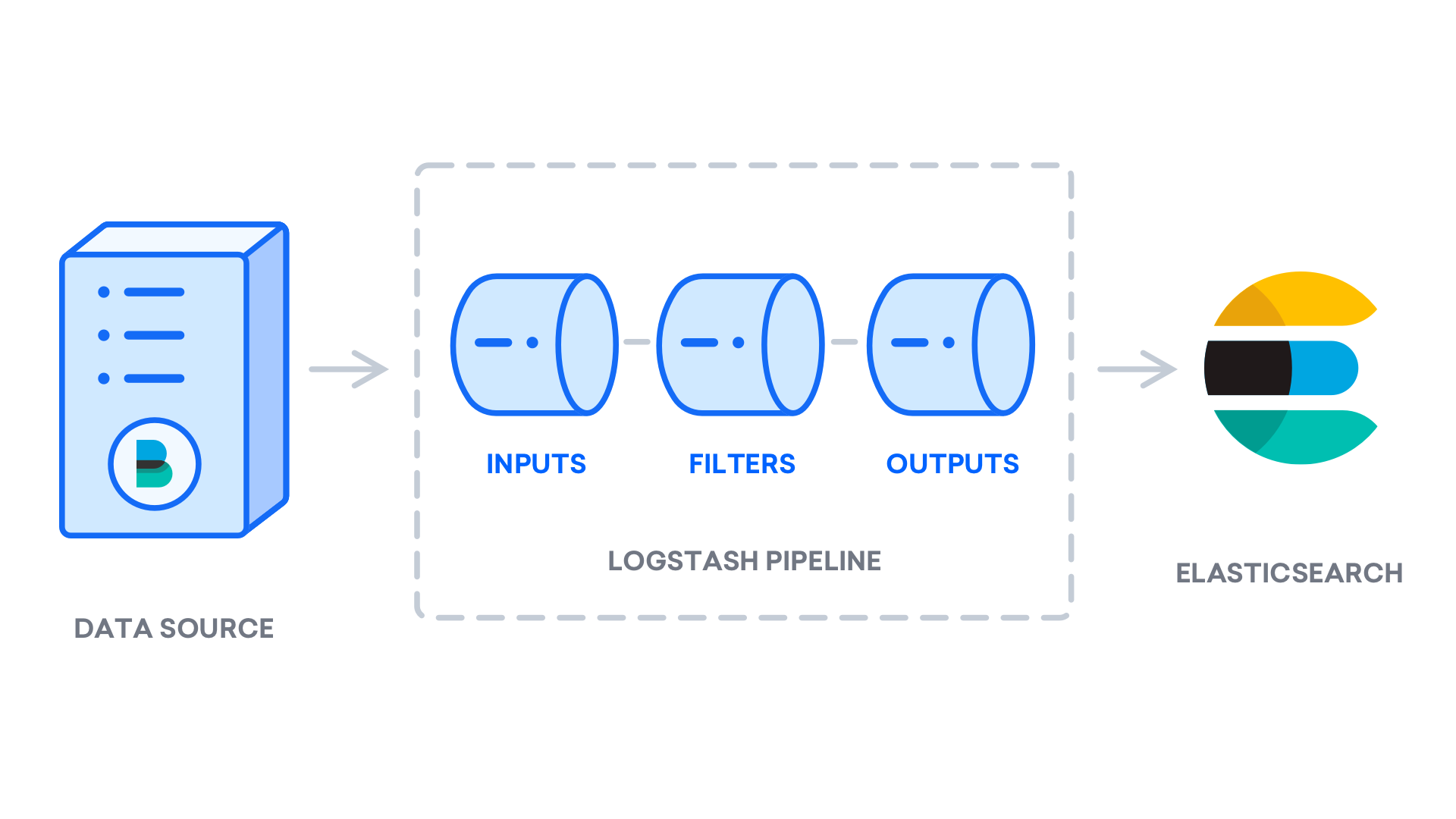

- #RUN FILEBEAT ON KUBERNETES INSTALL#
- #RUN FILEBEAT ON KUBERNETES UPDATE#
- #RUN FILEBEAT ON KUBERNETES SOFTWARE#
- #RUN FILEBEAT ON KUBERNETES DOWNLOAD#
Run the rpm command to install the RPM file that you downloaded for Logstash: rpm -ivh logstash-oss-7.16.2-x86_64.rpm Install Java or OpenJDK on your EC2 instance: yum install java-1.8.0-*ģ. Note: This example uses version 7.16 of Filebeat and Logstash with OpenSearch Service version 1.1 with compatibility mode activated.Ģ.

#RUN FILEBEAT ON KUBERNETES DOWNLOAD#
Download the RPM file for the compatible Logstash version: wget Install Logstash on a separate EC2 instance that the logs are sent fromġ. Install the Filebeat RPM file: rpm -ivh filebeat-oss-7.16.2-x86_64.rpm Download the RPM for the compatible Filebeat version: wget Ģ. Install Filebeat on the source EC2 instanceġ. To prevent a single point of failure in your pipeline, don't run Filebeat and Logstash on the same EC2 instance.
#RUN FILEBEAT ON KUBERNETES SOFTWARE#
To make sure that the downloaded software remains in sync, download RPMs to each EC2 instance. If you're using OpenSearch Service versions 1.0 or later, then make sure that compatibility mode is turned on when you first launch your domain.For more information, see Support Matrix on the Elasticsearch website. Check the compatibility matrix to select the correct version of Filebeat and Logstash.

If you're using OpenSearch Service 1.x with compatibility mode, then OpenSearch Service reports its version as 7.10.In the preceding example, the "x.x" of the version numbers must match your configurations. OpenSearch Service with a legacy Elasticsearch version x.x.Logstash version x.x (v7.16.2 and v6.8.22 for Log4j security patch).Use compatible versions for the following service versions: OpenSearch Service with legacy a Elasticsearch version runs best when you use the same Filebeat and Logstash versions.
#RUN FILEBEAT ON KUBERNETES UPDATE#
Update your Filebeat, Logstash, and OpenSearch Service configurations Make sure that ports 80, 443, and 5044 are open in your security group so that you can send data between Logstash and OpenSearch Service. Make sure that your EC2 instances are in the same security group as your virtual private cloud (VPC) for OpenSearch Service.ģ. Create an EC2 instance where you installed Apache and Filebeat so that the instance can forward logs from Logstash to OpenSearch Service.Ģ. Set up your security ports to forward logs from Logstash:ġ. Note: If you didn't correctly set up or configure Logstash, then you receive a 401 Authorization error, 403 Forbidden error, or x-pack installation error. Install Logstash on a separate Amazon EC2 instance where the logs are sent from. Make sure that you correctly install and configure your YAML config file.Ĥ. Install Filebeat on your source Amazon Elastic Compute Cloud (Amazon EC2) instance. Update your Filebeat, Logstash, and OpenSearch Service configurations.ģ. Set up your security ports, such as port 443, to forward logs to OpenSearch Service.Ģ. kubernetes//templates/configmap.To use Logstash to connect to Amazon OpenSearch Service, complete the following steps:ġ. name: -data-filebeat volume mount is used to share filebeat logsĪdd configmap to component to reference the filebeat.yml file that will be deployed to container (e.g. oom/kubernetes//resources/config/log/filebeat /filebeat.yml)Ī sample filebeat.yml can be found in the log demon node project: a=tree f=reference/logging-kubernetes/logdemonode/charts/logdemonode/resources/config/log/filebeat h=abf4f0a84ae7a15ed99fc4776727e4333948b583 hb=d882270162d56c55da339af8fb9384e1bdc0160dĪdd Filebeat container to deployment.yaml: This is the specification of the log format and location.Īdd filebeat.yml to resources (e.g. This is the filebeat configuration file which determines the path to find log files and any other configuration of Filebeat Logging directory (verified) example hereįor the setup, we will add two resource files: This requires each pod to have an additional container which will run Filebeat, and for the necessary log files to be accessible between containers.Ī reference log demon node project exists that can be used as a guideline for the suggested setup in OOM: The aggregated logging framework ( Logging Architecture), uses Filebeat to send logs from each pod to the ELK stack where they are processed and stored.


 0 kommentar(er)
0 kommentar(er)
